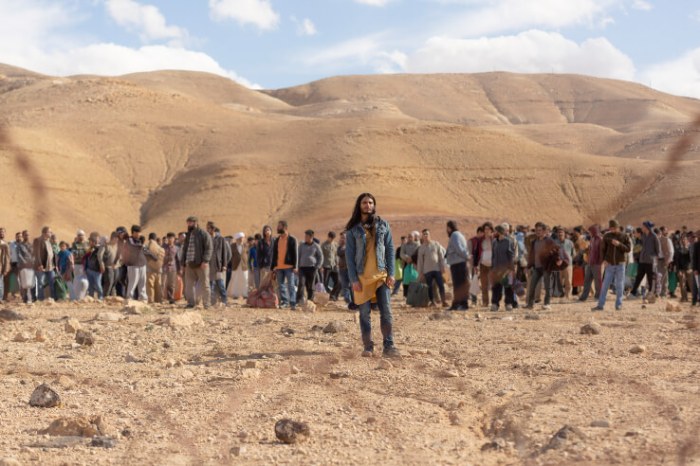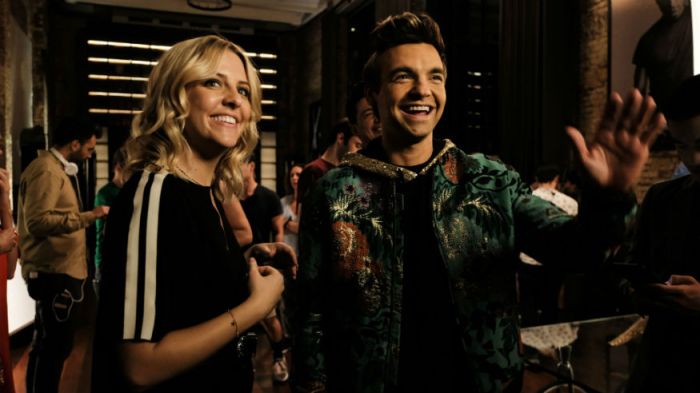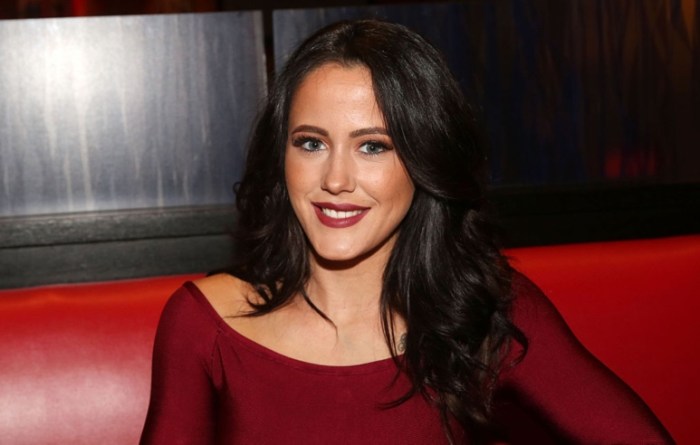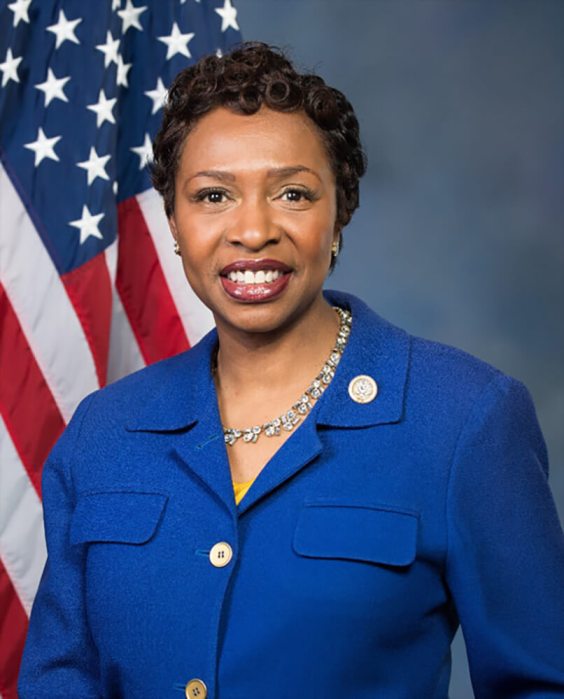Before being thrown into a room with “Mozart in the Jungle” actors Malcolm McDowell and Bernadette Peters, we decided to do some research. We scoured their CVs, looking for some overlap. Surely they, over their long careers, worked on the same film, or maybe with the same director, some actor? They’re very different creatures, sure. One is a British bad boy, still best known for “A Clockwork Orange.” The other is a Broadway god and Stephen Sondheim muse. They both did (different) episodes of Shelley Duvall’s “Faerie Tale Theatre” in the early ’80s — not long after he headlined Penthouse’s porn epic “Caligula.” But they had to have brushed shoulders before Amazon’s hit show. Right? As it happens, no. The closest we could get was they both worked with Dom DeLuise: Peters in Mel Brooks’ “Silent Movie,” McDowell in a forgotten (and cheap-looking) 1990 animated film called “Happily Ever After.” And since it was a toon, McDowell and DeLuise probably never shared the same booth. So do these two thespians — who have considerable chemistry on “Mozart,” especially in the third season that just dropped on Amazon, as a grouchy former conductor and president of his longtime symphony — have any past in common? As it happens, yes: Musicals! McDowell did musicals in school. (He cites a production of “Aladdin” as one.) Unlike Peters, he abandoned it. Well before his film debut, in Lindsay Anderson’s rebellious-school-teens classic “If…”, McDowell cut his teeth on the theater — “by accident,” in his words. RELATED: Interview: Lola Kirke on “Mozart in the Jungle’ and how we need to ‘wake the f— up’ The 20-something McDowell happened into “weekly rep,” which in England meant doing one play per week. “Essentially you had four plays in your head every week at the same, time: one you were trying to forget, one you were performing, one you were working on, and on you were just peeking at,” he recalls. He didn’t get the job because he was good, he says. “I didn’t know how to act! I had no idea. The poor people who came to see these plays basically paid for my drama school,” McDowell explains. As you can imagine, McDowell quickly burned out on the grind of constant performing. “I thought to myself, ‘If I don’t get out of this, I’m going to be stuck doing these awful plays.’ Agatha Christies were the norm,” he says. So he wrote a letter to the Royal Shakespeare Company, and miraculously wound up with an audition. For help, he sought out “this old hammy actor,” who told him to avoid the speeches everyone does. “He gave me the prologue to ‘Henry VIII,’ which I don’t think Shakespeare wrote. I don’t think too many people agree with me.” (We failed to inquire whether he’s one of those who doubts whether William Shakespeare wrote the works of William Shakespeare, or if he means the play’s credited cowriter John Fletcher deserves most of the credit.) But starting in 1965, he was a member of the RSC. Even then McDowell wasn’t happy. “As soon as I got into the Royal Shakespeare Company, I realized what it was, which was basically drunken gambling and whoring,” he remembers. “I decided I better get out of this. I was always trying to get out of things.” He met, for the first time, with the company’s head, the illustrious Peter Hall, and asked what kinds of roles were coming his way. All he could offer was the Duke of Clarence in “Richard III.” “I went, ‘Twelve lines?’ He said, ‘Yes, but he’s a very important brother of the king. I said, ‘OK, poncy prince, I don’t think so. I’m leaving.’ He said, ‘What are you going to do?’ I said, ‘I’m going into film!’ And he said, ‘Good luck.’” The rest is history. Indeed, McDowell presently has over 200 film credits on his résumé.
Bernadette Peters, meanwhile, only has just over 20. She’s been busier on stage and in television. A quarter of those film titles hail from the ’70s, when she acted with Burt Reynolds twice (“The Longest Yard” and, again “Silent Movie,” in which they never share the screen), and did oddball b-movies, like “Vigilante Force,” starring Kris Kristofferson and Jan-Michael Vincent. By the ’80s she was doing classier work, like “Annie” and “Pennies from Heaven.” Why the unusual early period, then? “Because I said yes to every film!” Peters tells us. “I thought those films were so strange. I finally said, ‘I need to stop doing these fakakta films.’ Then I did ‘Pennies from Heaven.’ That was not fakakta. I realized from then on out that I wanted to do movie that were actually written well, or where the role was incredible. I didn’t want to do it just to do it.” “Pennies from Heaven” wasn’t a box office success in 1981, though it’s perhaps the greatest film she’s ever been in: Based on Dennis Potter’s English TV movie from 1978 (which starred Bob Hoskins), it’s a brilliantly bleak downer about desperate, often unlikable characters (most of all our hero, played by Steve Martin) struggling through the Depression, occasionally disappearing into lavish (and lovely) song-and-dance numbers. “The only problem with that movie is it was Steve’s next big film after ‘The Jerk,’ and they tried to promote it as a comedy,” Peters recalls. “They brought it out at Christmas and tried to promote it as a comedy. People were going, ‘What the hell is this?’” And with that we luck into a less tenuous connection between the actors: Malcolm McDowell was almost — almost! — in a Dennis Potter production. To be exact, he was almost in two of them. Before the writer died in 1994, he wrote a strange diptych, which were to star the same actor in the leads. The producers went to McDowell. Long story short, the roles went to Albert Finney. “I did not like them,” he says, frankly. “They were the last things he wrote, and he wrote them when he was on a morphine drip. One of them was set a thousand years in the future, which I couldn’t understand a word of. For the other, I was just too healthy-looking. I was a California boy then, and they wanted a pasty Londoner. That wasn’t me anymore.” Finally, a quick word on “Mozart in the Jungle,” whose new episodes play very differently now. The show has always dealt with the difficulties a classical art faces in modern times. Now, with a new, very far right administration coming in, it seems the arts will be in even deeper peril. “You ain’t seen nothin’ yet,” McDowell says. “Just keep your passport in order.”
What Malcolm McDowell and Bernadette Peters had in common pre-‘Mozart in the Jungle’
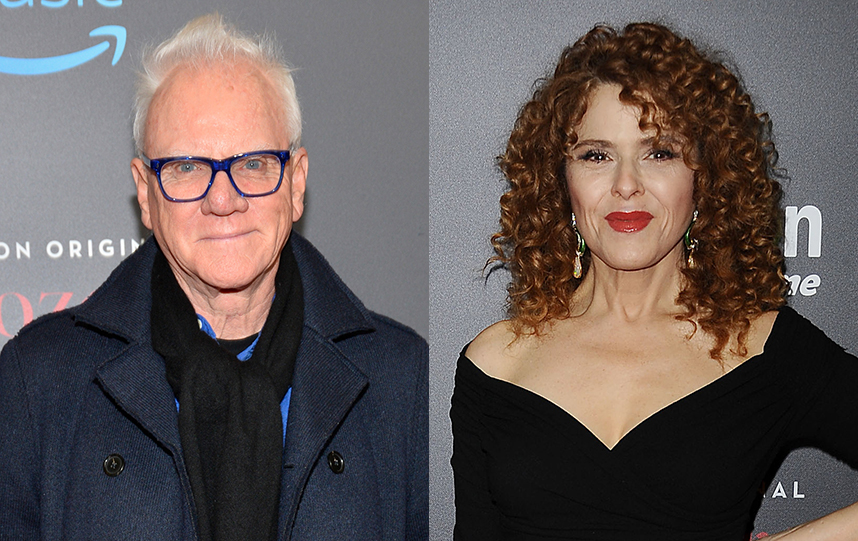
Getty Images
Follow Matt Prigge on Twitter @mattprigge













